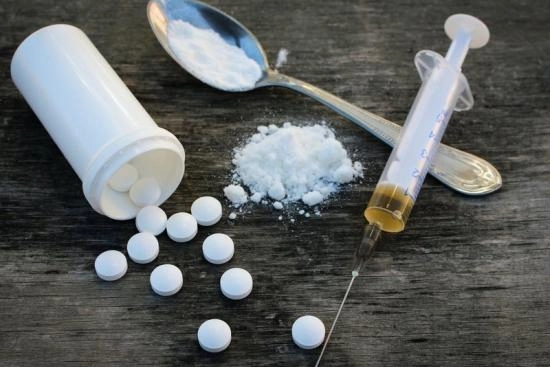Amphetamines are powerful psychostimulants whose misuse has become a significant public health concern. Regular or prolonged consumption can quickly lead to severe psychological dependence, with serious consequences for mental health, daily functioning, and social stability. Without appropriate medical support, overcoming this addiction is particularly complex.
With Turquie Santé, patients receive personalized care from experienced psychologists, psychiatrists, and medical specialists, ensuring a safe, effective, and lasting recovery.
Take the first step toward a healthier, drug-free life by contacting us today.
Price of amphetamine addiction treatment in Turkey
The treatment for amphetamine addiction in Turkey with Turquie Santé offers comprehensive care, combining personalized medical supervision, behavioral therapies, and psychological support. Programs vary depending on the duration and intensity of care, with prices generally starting from $3,500 to $7,000 for a full stay, including accommodation, medical consultations, and rehabilitation sessions. Each patient receives a tailored program in a secure and confidential environment.








